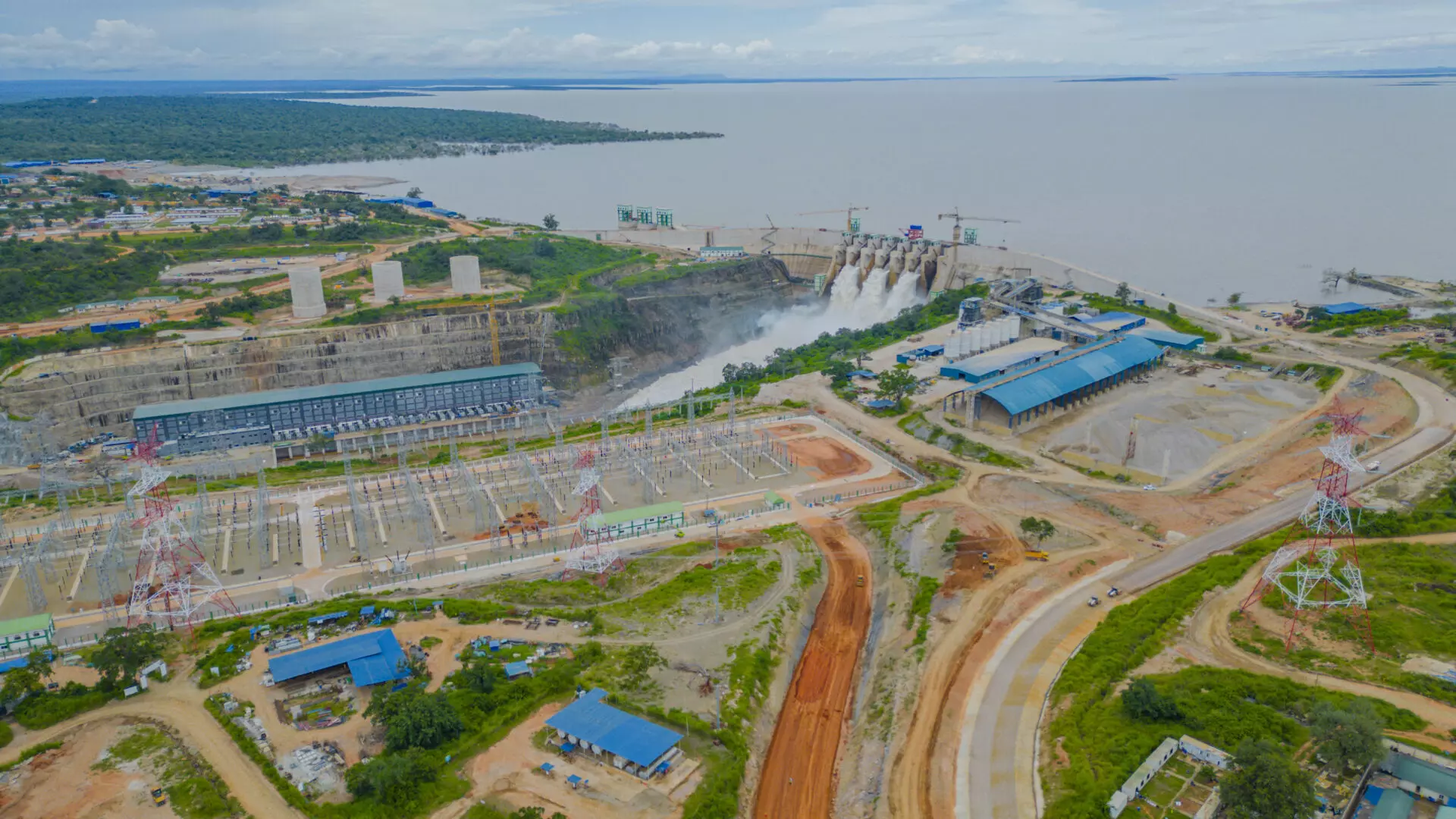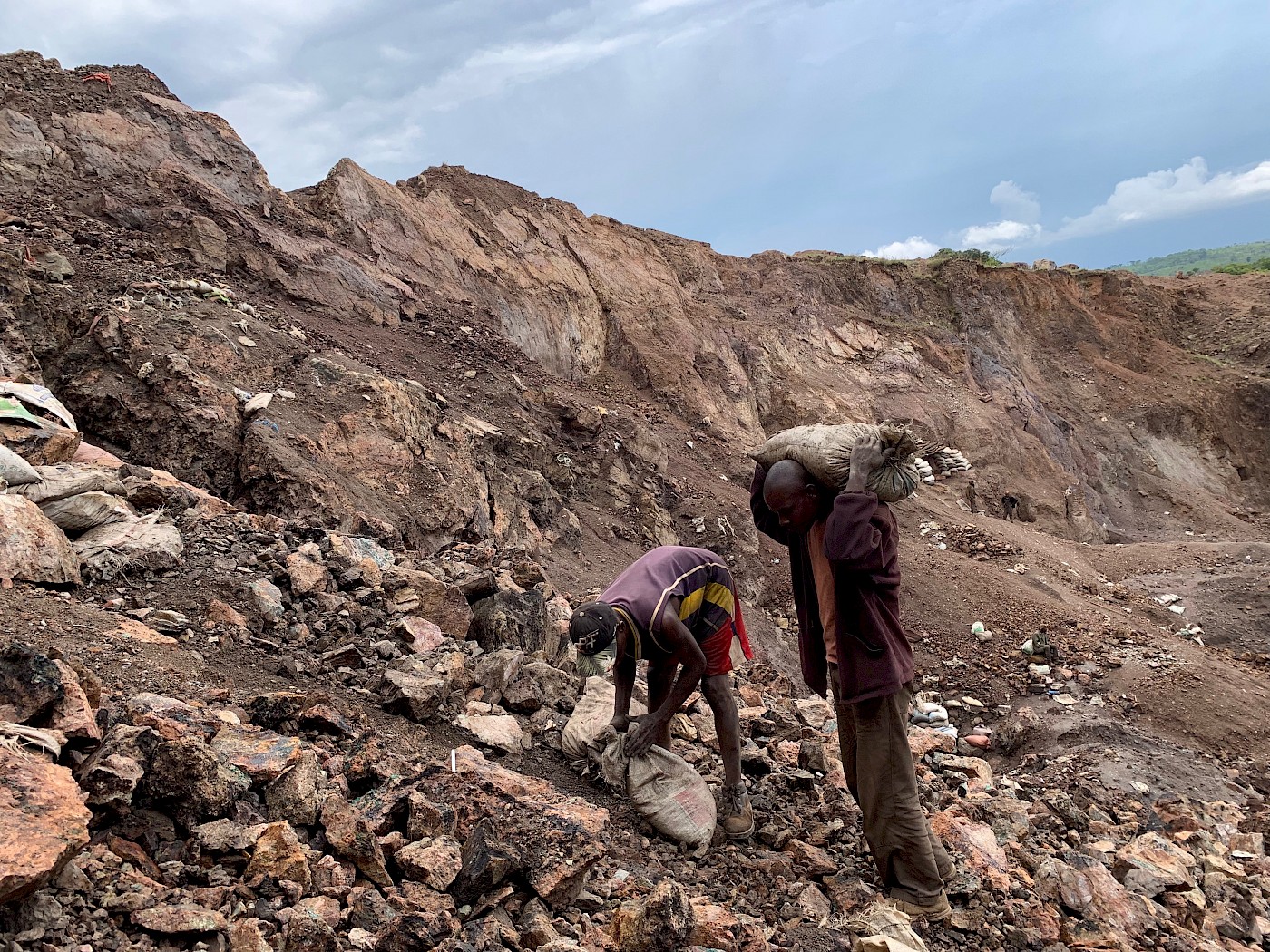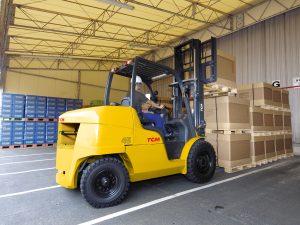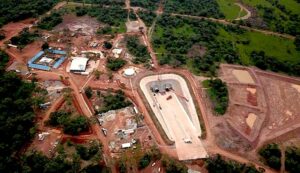Mining safety officer’s salary per month in South Africa (2024)
Mining is a labour-intensive industry that requires hands-on expertise. It is also a dangerous place to work if proper safety protocols are not enforced. South Africa has the world’s deepest platinum and gold mining operations. To eliminate deaths and injuries, qualified mining safety officers must oversee the safety of mining operations. Here is all you need to know about mining safety officer’s salary per month and their role in the industry.
South Africa is one of the wealthiest countries in the world in terms of natural resources. Mining in Mzansi started in the mid-19th century and remains one of the country’s main economic activities. The industry contributes about $349.42 billion to the country’s GDP, and the main minerals include gold, diamonds, platinum, and coal.
What does a safety officer do in mining?
Their responsibilities entail monitoring how activities are carried out at mines and ensuring that set safety protocols are not violated. They are usually in charge of training workers on safety standards put in place by the company and the government.
They must also identify faulty or worn-out equipment and replace them whenever necessary. In case of an emergency that may harm miners, the officers have to ensure everyone gets out without injuries or fatalities.
Companies hire safety professionals to minimize occupational accidents, injuries, and health issues, which can sometimes attract costly lawsuits if negligence plays a part.
How much is the mining safety officer’s salary per month in South Africa
According to Talent.com, the average mining safety officer’s monthly salary is R34,000. This is around R408,000 per year or R209 per hour. Their earnings could be higher or lower depending on where they work.
What is the highest salary in mining?
Entry-level positions start at R330,000 annually, while most experienced workers make up to R750,000 annually. The amount earned varies with location and employing companies. Here is a breakdown of how various cities in South Africa pay.
| City | Estimated monthly salary |
| Mpumalanga, KwaZulu-Natal | R31,518 per month |
| Burgersfort, Limpopo | R26,062 per month |
| Rustenburg, North West | R24,756 per month |
| Germiston, Gauteng | R22,881 per month |
| Witbank, Mpumalanga | R18,371 per month |
| Durban, KwaZulu-Natal | R17,376 per month |
| Johannesburg, Gauteng | R17,189 per month |
| Pretoria, Gauteng | R15,615 per month |
| Cape Town, Western Cape | R15,279 per month |
How much is a safety officer’s mining salary in South Africa?
The average yearly salary of a safety officer in mining is alleged to be R438,653 and ranges from R198,000 to R822,000. Their average hourly pay is about R147.46.
The primary responsibility of a safety manager is to oversee workplace safety by ensuring accident prevention and investigation. They are also in charge of regular safety inspections at the workplace.
How much is the mining operator’s salary in South Africa?
A mining operator in South Africa earns an average monthly salary of R23,000 per month. The average yearly earnings are about R276,000.
What is the highest-paid job in the mine?
Mine managers are the highest-paid individuals in SA. Salary Expert estimates a mining manager’s salary to be R533,653 per annum. In addition, they earn an average bonus of R14,142.
A mining manager’s role is to ensure all mining operations are running smoothly. They are responsible for the overall management of activities at the mine.
What is the highest salary in the safety field?
The highest salary in the safety field for the most experienced worker is around R652,800 per year. The average salary is R297,002 per year or R152 per hour. Entry-level positions start at R198,000 per year.
How much does a local safety officer make?
The median monthly earnings for a worker are approximately R24,750, with the highest being around R54,400 and the lowest around R16,500.
How do you become a mining safety officer in South Africa?
The general requirement is a bachelor’s degree in a related field. Other mining safety officer qualifications are a Grade 12 certificate with Maths and Science, a blasting certificate, a COMSOC certificate, a valid medical certificate, and an Incidence Cause and Analysis Methodology (ICAM).
Crucial soft skills required include but are not limited to:
- Understand technology, especially Microsoft applications
- Have great observation skills
- Good communication skills
- Have reliable problem-solving and decision-making skills
- Organizational skills and ability to multitask
- Be good at creating solid and productive relationships
- Sense of responsibility
- Have good firefighting, vapours, and gases knowledge
- Be open to change and constant improvement
In addition to academic qualifications and soft skills, employers will look for experience as an added advantage when hiring a safety officer.
Required skills can be obtained through internships, but most companies prefer professionals with at least five years of experience working as underground shift supervisors. A mining safety officer must understand safety regulations and principles stipulated in the country’s law.
South Africa’s Mine Health and Safety Act sets out standards that mining companies must follow to ensure their employees’ welfare is not compromised by eliminating anything that is potentially harmful. Professionals in the country’s mining industry are regulated by the Mining Qualifications Authority (MQA).
The mining safety officer’s salary per month in South Africa remains one of the highest in the country. Besides their basic salary, they also receive bonuses based on various companies and locations.
Briefly.co.za highlighted the categories of highest-earning doctors in South Africa. The medical profession is a broad industry that deals with different health issues ranging from surgery, optical, dental, gynaecology, and paediatrics.
Generally, surgeons are the highest-paid medical professionals in South Africa. Knowing how much doctors earn in South Africa is essential as it can help you make informed decisions if you want to pursue this career.
Share this content:

















